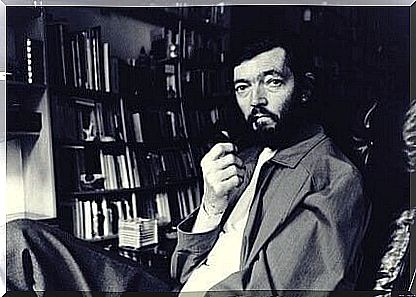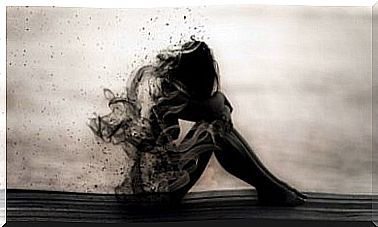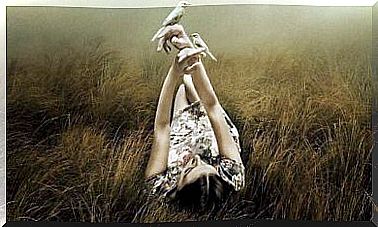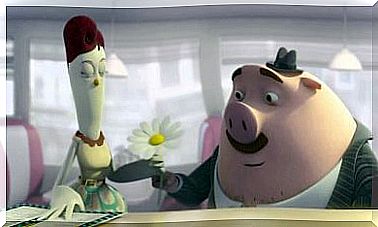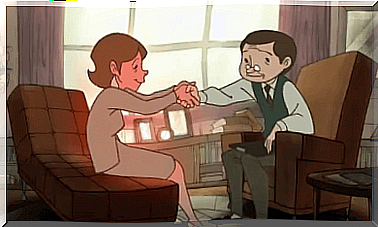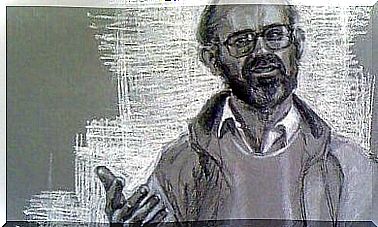Juan Rulfo, Biography Of A Literary Genius
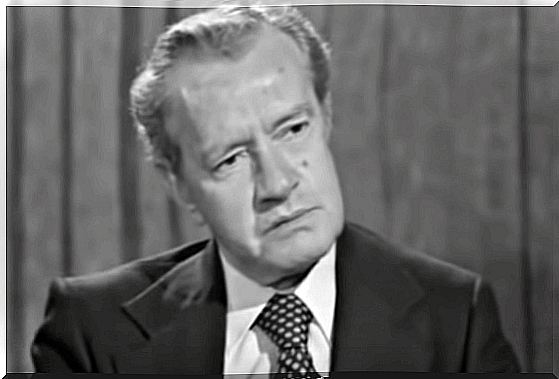
Juan Rulfo was a vital and moving writer who gave Mexican peasants a universal voice. He did not receive the Nobel Prize for Literature. However, he bequeathed two great works, the novel Pedro Páramo and the short story The llano in flames .
His real name was Juan Nepomuceno Carlos Pérez Pérez Rulfo Vizcaíno. It is not known exactly where he was born and several localities are mixed in his biography: Sayula, as his birth certificate says; Apulco, where his mother’s hacienda was; or San Gabriel, the city that marked his heart forever. What these places have in common, besides being in the state of Jalisco in Mexico, are the scars of the Mexican Revolution and the Cristeros counter-revolution.
An act of violence marked the childhood of this fabulous writer. Born on May 16, 1917, he witnessed the great social upheavals of the 1920s in Mexico. When he was only 6 years old, his father was murdered. His mother, very touched, died 4 years later. This is how Juan Rulfo’s childhood plunged into an emotional divide that he only managed to bridge through art.
Books, life….
Juan Rulfo’s education was unstable, he had to change schools several times for various reasons. After the death of his mother in 1927, he joined the Luis Silva school in Guadalajara, by decision of his uncle, since he had been left in his charge. He stayed there until the age of 15.
One of his teachers, Father Irineo Monroy, unwittingly left him a definitive legacy: books. This priest had been an ecclesiastical censor, he scoured the houses to examine the publications to determine if it was lawful to read them. He kept those he considered forbidden, which allowed him to build up a vast library.
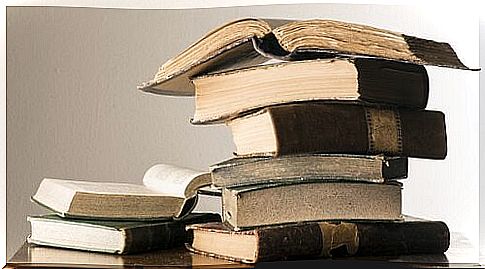
When he left, he left all his books in the house where Juan Rulfo lived. From that moment on, reading will become Rulfo’s great hobby. One day, Rulfo himself said: “ I spent all my time reading, you couldn’t go out because I could hit you with a bullet ”. This is how he grew up and this is how he was formed: between the books of Alejandro Dumas, Victor Hugo and any work that fell into his hands.
In reality, Rulfo was not an author who liked to talk about his life, sometimes he fell into ambiguities or gave uncertain data. For a long time he claimed to have been born in 1918 but, according to the most reliable documents, he was indeed born in 1917. He surely changed his date of birth to chronologically approach the youngest authors of the literary boom living on the continent.
Juan Rulfo, a traveler and a creator
Juan Rulfo belongs to that group of writers who never graduated from college, he was a self-taught author. He tried to start his studies at the University of Guadalajara, but a long strike prevented him from doing so. He wanted to revalidate his academic credentials, but it was refused. So, in 1934, he decided not to enter academic life, opting for a new path. From that moment, his traveling soul took over.
In 1937 he began to work as an archive classifier at the Secretariat of the Government of Guadalajara. At this time he also formed a decisive friendship with Efrén Hernández, the first person who believed in his writing and encouraged him to go public with it. In 1941, he took up the post of immigration officer and there met the writer Juan José Arreola, who had a strong influence on Rulfo.
By this time, he had already developed the other passions that have always accompanied him: photography, history and anthropology. The Juan Rulfo that the whole world would later discover through his great works was already formed.
A universal writer
In 1948, Juan Rulfo married Clara Aparicio, with whom he had several children. Gradually, his fame as a writer and intellectual grew and he received several scholarships from the Mexican Center of Writers, which allowed him to devote himself fully to writing.
In 1953, he published Le Llano en flammes and, in 1955, Pedro Páramo. The latter is one of the great novels of universal literature.
These two great works gave Juan Rulfo national and international fame. At the time, he was the most recognized writer in all of Mexico , receiving accolades from great writers such as Jorge Luis Borges, Susan Sontag, Gabriel García Marquez and many others.
He devoted the last twenty years of his life to the Instituto Nacional Indigenista de México, where he edited one of the most important anthropological collections. He also made several photographic exhibitions and published new literary works in the 1980s.
Rulfo was one of the first authors to be able to incorporate popular and local speech into his novels without needing to include a glossary, i.e. without needing a textbook to decode it. The text itself helps to interpret the meaning and understand the most popular aspects of this language. In Latin America, at this time, we began to observe a growing trend towards regionalism and even Creole.
Rulfo scored a before and after; without his work, we could not understand later literature. The world of Rulfo is not so much the regionalist world as the rural world. But he will become a mythical author referenced and praised by an infinite number of authors.
The legend of Rulfo is constructed as a sort of myth and marks a sort of ironic distance between the reader and him. This legend was reinforced by his silence. Indeed, Rulfo stopped publishing from 1955, but the reasons for this silence are uncertain. Some researchers have wanted to see some anxiety in it, but it has not been established either. What is paradoxical about this author is that as his notoriety as a writer increases, his production decreases.
His fame has consecrated him as one of the most recognized authors in Mexico. The prices were therefore not long in coming. In 1983 he received the Prince of Asturias Prize for Literature, but died a few years later, in 1986.
It is not easy to describe in words what the work of Juan Rulfo provokes. It may be enough for us to say that it does not resemble anything else, but that it is nevertheless us in everything.
